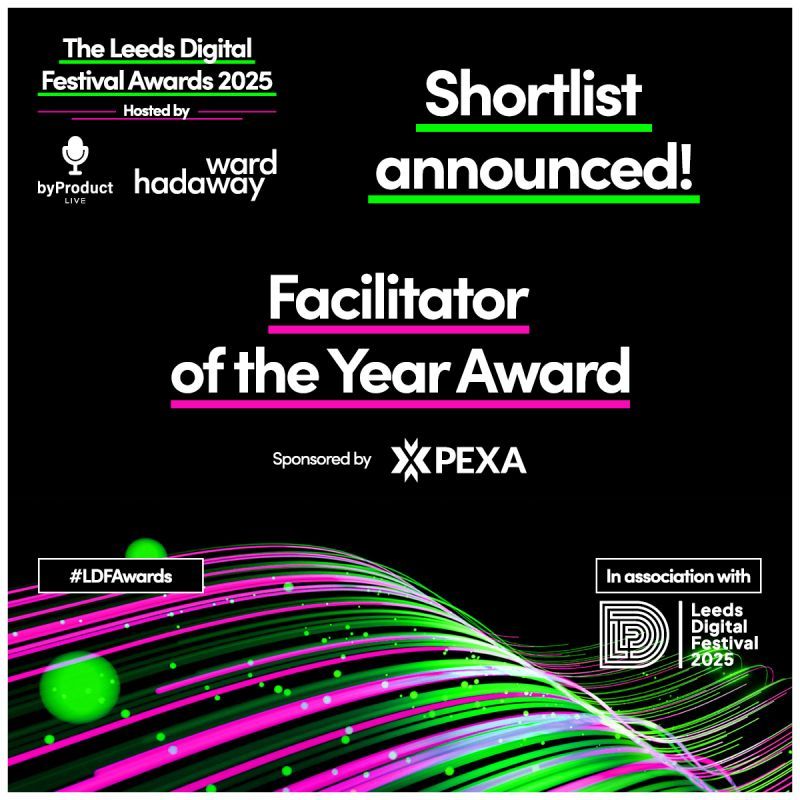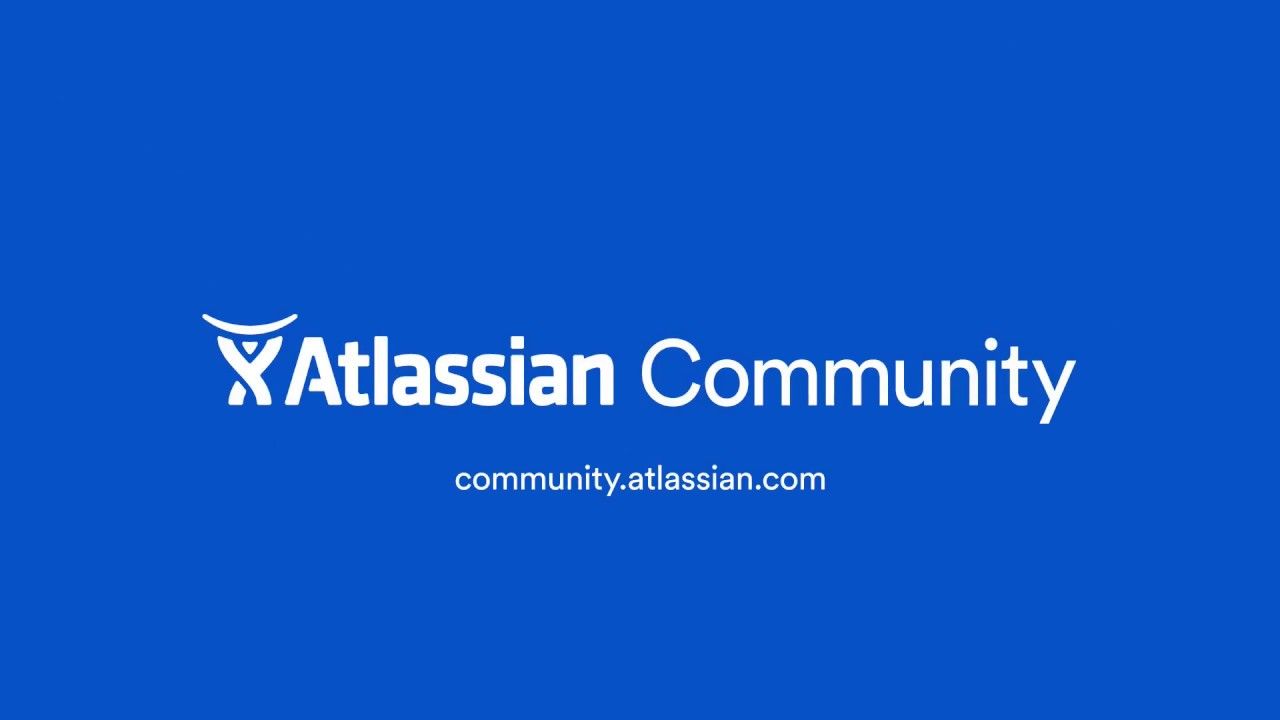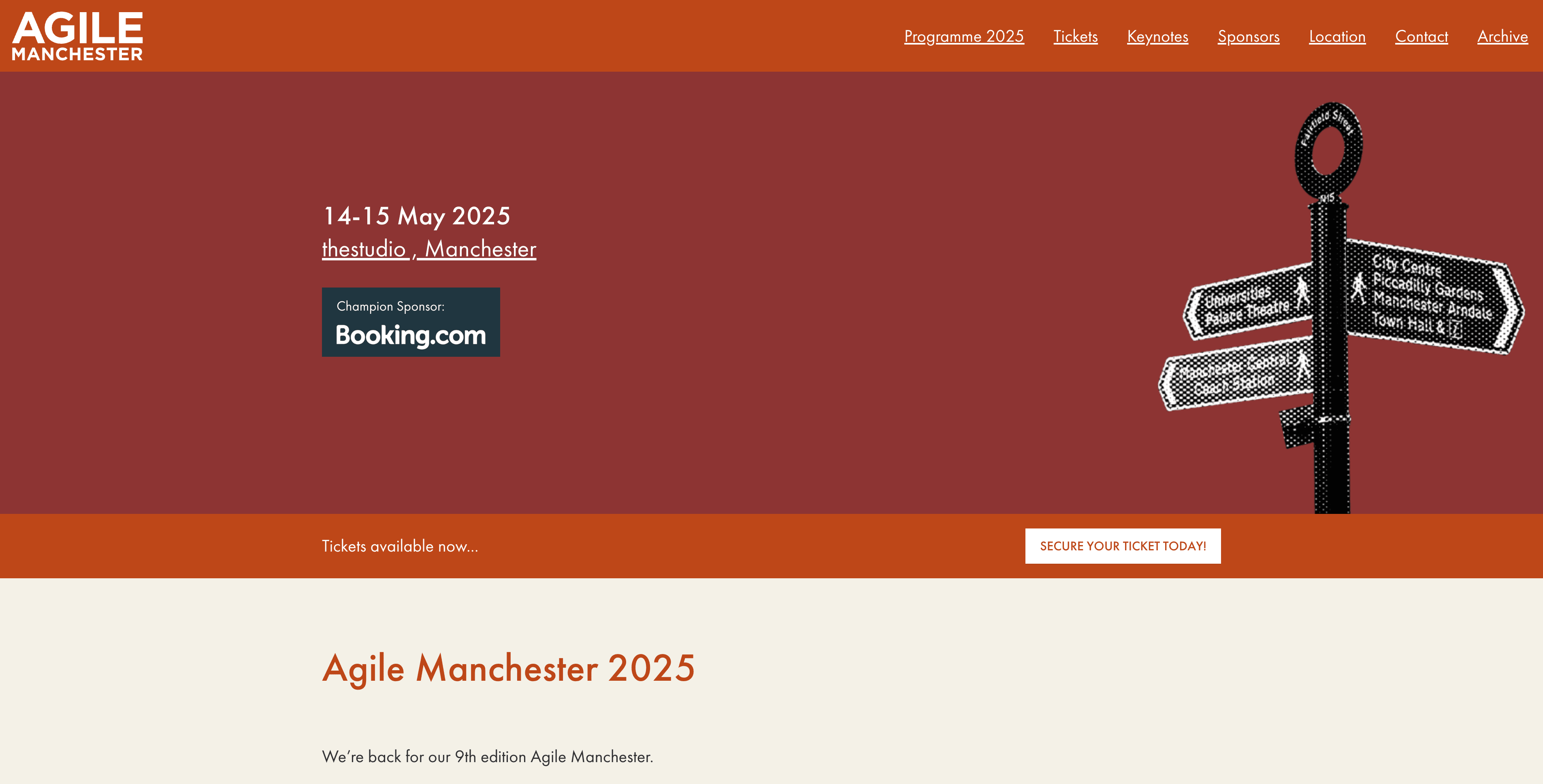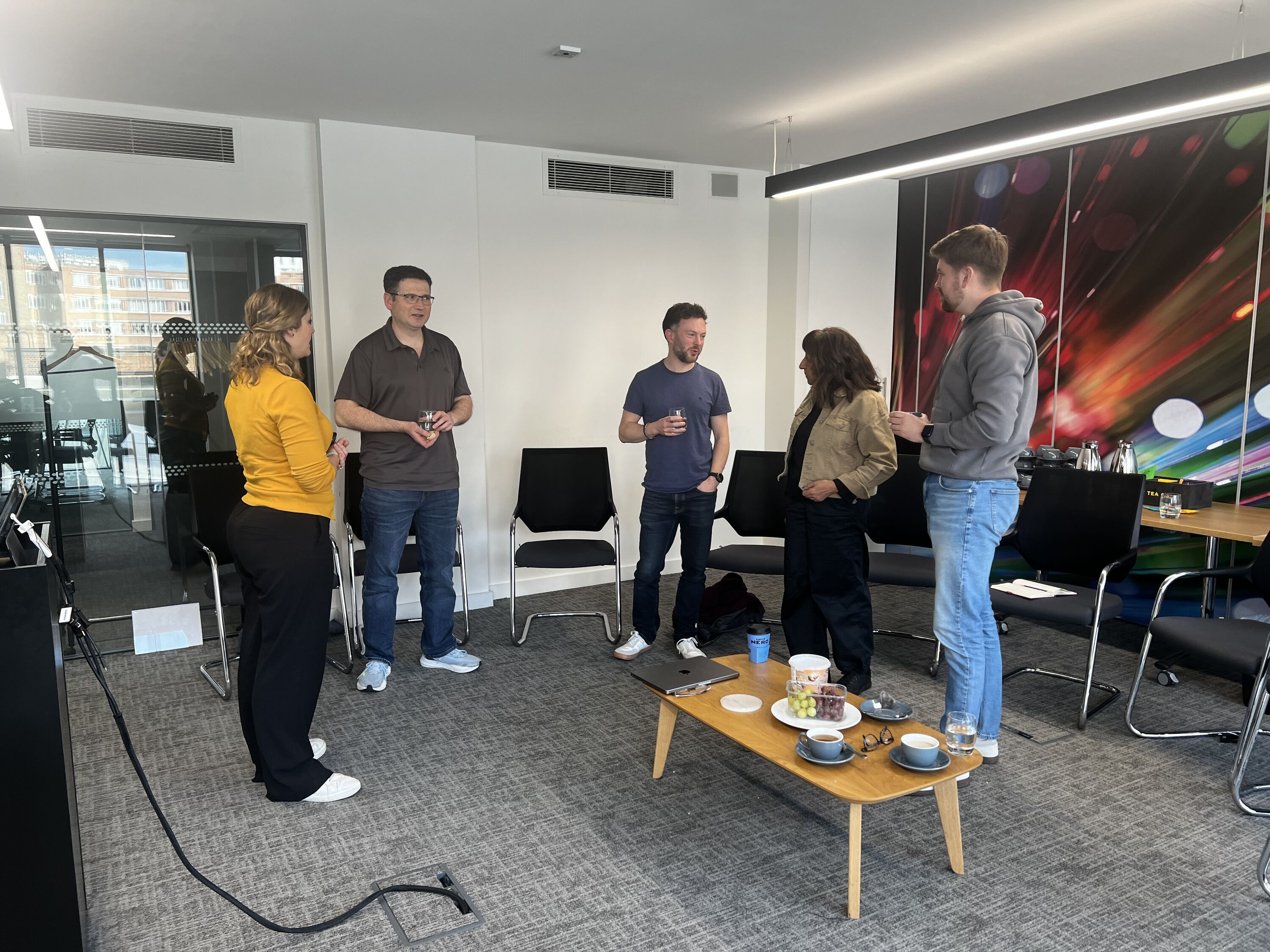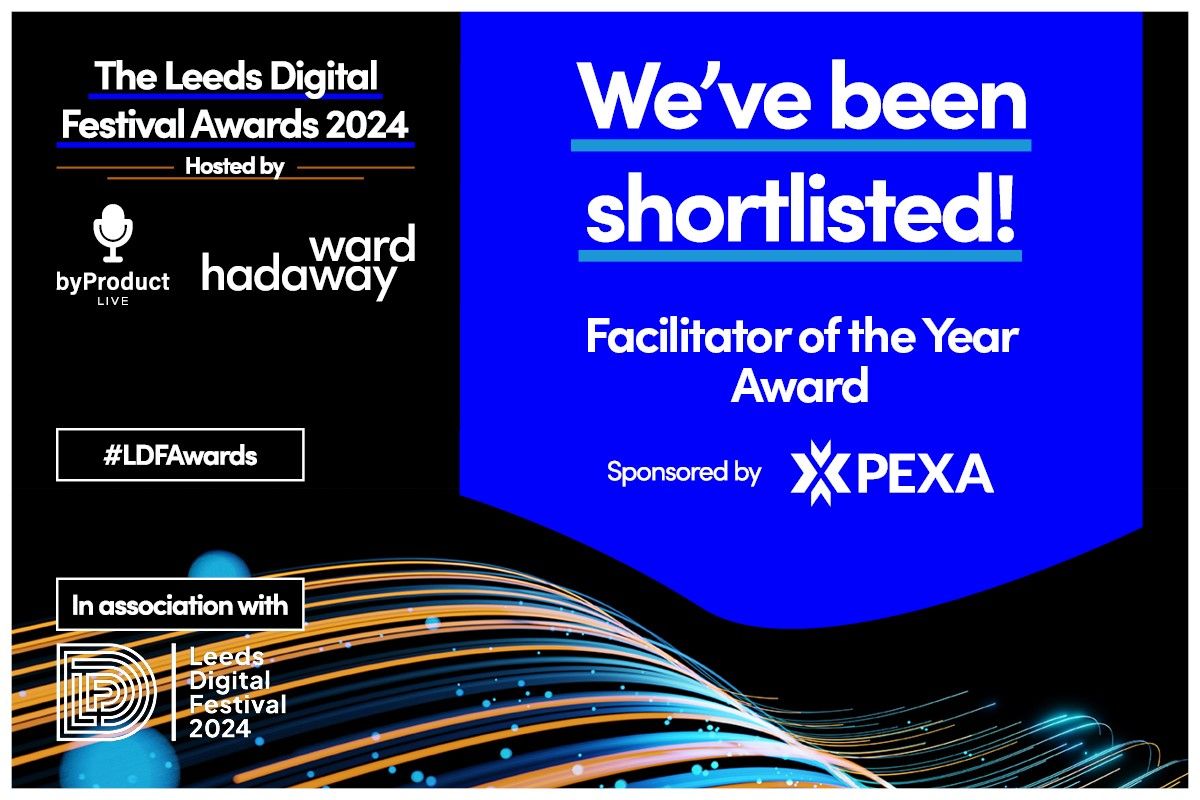Motivation and Craftsmanship
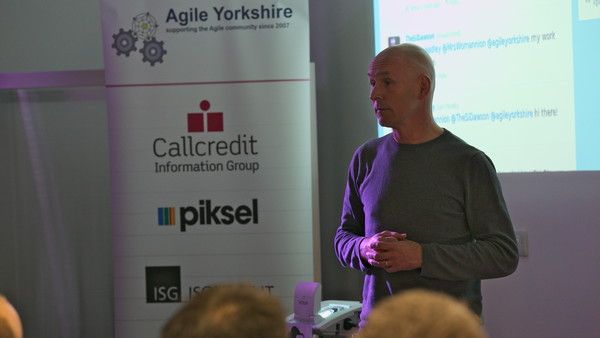
Motivation and Craftsmanship
"What motivates you to get out of bed and leave for work in the morning?" asked Agile Yorkshire stalwart Neil McLaughlin at this November's meet-up. We agreed we'd all like our work to be challenging, fun and ...lucrative, but even with all of these things, how does one stay motivated?
It might seem that our desire to enjoy work would be at odds with the running of an efficient business, but Neil reminded us that even Frederick Taylor's carrot and stick approach to getting the most out of his workforce recognised that having breaks from work improved the overall throughput of his operation. As Neil told us, while the carrot and stick of yesteryear may have been superseded by butternut squash and lightsaber, it remains of benefit to businesses to find ways to keep its workforce motivated.
As a salient example of the will of the people with their hobbies and aspirations for autonomy, mastery and purpose triumphing in the face of big business with a 'too big to fail' mentality, Neil brought up the success of Wikipedia in the world of digital encyclopaedias. For many, Encarta pre-dated their experience with the internet. How could Wikipedia, with its articles written by volunteers and lack of marketing ever compete with Encarta? But it did, and open-source projects continue to win out against traditional business models over and over again.
Continuing on the theme of self-reflection, Kev McCabe joined us to speak on the theme of Software Craftsmanship, a topic in which he is particularly inspired by Sandro Mancuso. It's not like people wake up each morning thinking "today, I'm going to do a bad job", reckons Kev, but as pressure to speed up software delivery increases, he has observed that the standard of software delivered often slips. It makes sense that as code quality decreases, it takes longer to develop new features, as developers are no longer working with a system that has been designed with extensibility in mind.
The Agile Manifesto calls for 'working software', but what qualifies as 'working'?, Kev asks. Why should someone feel they have to say "I've done it and it's working"? Should these two facts not be synonymous? and where did the phrase 'Technical Debt Backlog' come from? Whilst such a thing is blithely accepted, it feels like working software and mastery of the craft of writing software are becoming increasingly difficult to attain.
It can be challenging to improve at our craft when we're not expected to practise in work time, Kev admits. He advocates an approach of learning in small chunks, but often; stopping to ask questions; voicing your frustrations and not being miserable and negative, you can always leave! Show everyone around you that you're happy and it should benefit everyone on your team.
Kev personally advocates following XP practices. He also advised that when dividing up tasks amongst a team of developers, one should allocate work to people with the fewest skills first in order to avoid a situation where some of members of the team are left with nothing they can work on. We also learnt that some of his top coding gripes are poor naming choices and the lack of deletion of stale code!
As a parting thought, Kev left us with this: Software Craftsmanship and Agile in isolation will fail, we need both to succeed.
The evening ended with the monthly prize draw and drinks in the Midnight Bell. Thanks to all our volunteer team who make the event happen and finally thanks to main sponsors iSource IT, Piksel, Callcredit and NewRedo and to our prize sponsors O'Reilly, JetBRAINS, Manning, Wrox and PluralSight.
